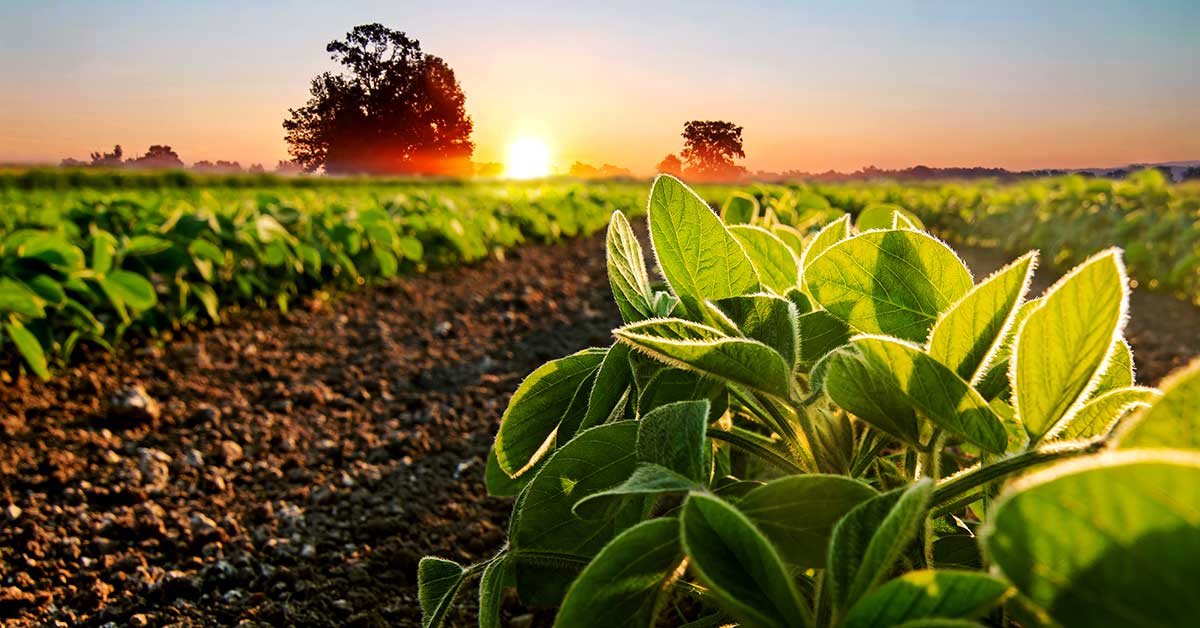Webinar – Soy and agroecology, building a bridge to the mainstream market

On the 10 of March, the Collaborative Soy Initiative (CSI) together with IUCN NL held a webinar on “Soy and agroecology, building a bridge to the mainstream market”.
Heleen van den Hombergh, CSI Coordinator, opened the webinar by saying that the definition for responsible and sustainable soy is much broader than just deforestation and conversion free (DCF), that the use of pesticides, the loss of biodiversity, and other issues also play a great role.
Jinke van Dam, from IUCN NL, started by pointing out the key features of agroecology, such as reducing the dependence of external inputs, improving ecosystem services, focusing on the total farm productivity, not just soy production, and adapting agroecological practices to the local context. Jinke added that the benefits of agroecology include improving biodiversity, reducing the use of agrochemicals, improvement of climate-smart practices and increasing resource efficiency.
Ulises Martinez Ortiz, from the University of Buenos Aires, pointed out that after the 1990s there was a shift from the agro-livestock rotation to continued agriculture. Ulises explained that integrating forest management with livestock has proven to have very good outcomes. Ulisses showed a practical case from Argenlanda Farm, where the adoption of agroecology on a large scale resulted in a cost reduction, mainly based on chemical reduction, and an increase in incomes, due to crop diversity and multifunctional crops.
Jinke summarised that the transition takes place at all levels, on the farm, in the landscape, in the value chain and also at a systemic level, highlighting that efforts and change are needed from all actors.
Emese van Maanen, Managing Director of the ProTerra Foundation, presented on behalf of the CSI Standards working group the role of certification in soy production. Emese explained the complexity of the soy supply chain and highlighted the advantages of sustainably certified soy that has to meet various requirements, including no deforestation and land conversion, biodiversity, agricultural and labour practices.
Emese stressed that everyone has a role to play in ensuring that environmentally and socially sustainable supply chains evolve: Certification standards that take sustainability to the next level and raise the bar; producers who advocate for better agro-ecological practices and share their knowledge; and institutions that contribute to technical solutions and research.
The last speaker Miguel Crespo from Probioma, described in detail good agroecological practices used in Bolivia, such as non-chemical weed management, natural pest control techniques, using natural pollinators and pest control species, ecological pest management (ECM) by the optimisation of biological synergies and compost production instead of the use of agrochemicals. Miguel underlines that crop rotation, no-tillage, avoiding the use of chemical inputs, developing high genetic seeds adapted to local climate and ecological conditions added to a well-planned planting and harvesting calendar, the preparation of the seedbed, and protection of native vegetation are fundamental for positive agroecological production.
For more information, please visit the Collaborative Soy Initiative’s website where you can find the webinar recording and presentations.